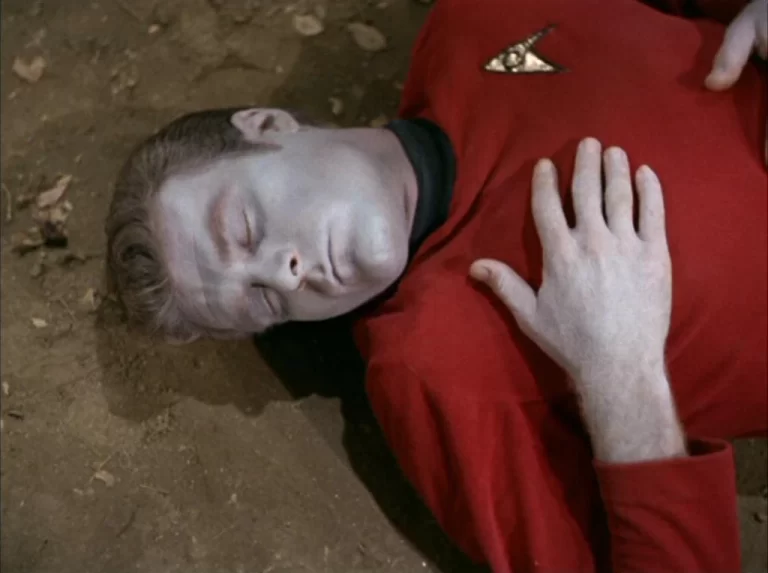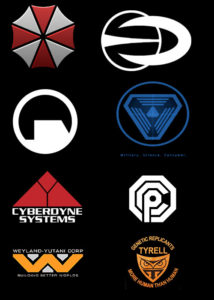(Originally posted on
I have noted a disturbing trend in science fiction recently.
By ‘recently’ I mean ‘the last few decades’. Science fiction and science fiction fandom apparently has a civil war going on. On the one hand, you have the old school hopeful science fiction. The kind of SF that has troubling futures, but balanced by the heroes and mankind getting smarter and more capable to meet the challenge. It still poses troubling questions, but offers up possible solutions.
Then there’s the other side. The side in which the planet is doomed, mankind will fall and our own foibles doom us all. Or in which humanity is the stupid, brutish and warlike idiots, saved by the kind, benevolent and wise aliens. Woe! We are so stupid!
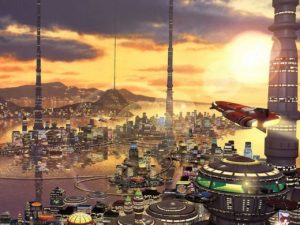
I’ve seen it in all media–movies, television, books and comic books. The trend of seeing the future as an unending bleakness isn’t new, but didn’t become a major force until the sixties and seventies. I think at some point it became ‘trendy’ to be pessimistic in SF. Writers are always seeking the next ‘doomsday’ to be worried about. If it isn’t nuclear war, it’s overpopulation, ozone depletion, acid rain, global warming, etc., etc.
I get it. The future is uncertain and dangerous. They miss the point, however–the future has always been uncertain and dangerous! You think Cro-Magnons didn’t fear what the next year would bring? You think the ancient mariners traveling across the Atlantic to find the New World weren’t fantasizing the worst? Science fiction at its best is either a cautionary tale to avoid future pitfalls or an inspiration to illuminate the way for the next generation. Sure, there’s nothing wrong with dystopian futures, especially when dipping into horror, but as a change of pace–not a staple.
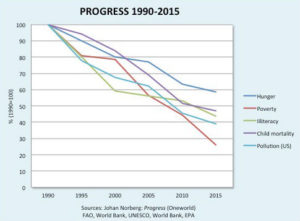
It seems to me this disconnect is especially wide when we consider the magnitude of technological achievements and development around us. The free market and technology has lifted over two billion people out of poverty in the last four decades. The percentage of people living in abject poverty has dropped below 10% for the first time in history. (The percentage of people in abject poverty in 1800? 94%!) Violence keeps dropping, life expectancy keeps increasing, quality of life keeps improving. And on and on. Yet all we hear in the news is Doom! Doom! Doom!
Maybe that’s it. The 24-hour news cycle offers us a constant barrage of everything that’s wrong. Many writers feel wrong by not reflecting this cavalcade of misery into their writing. Like it’s a cheat to do otherwise. Like they’re not “keepin’ it real” or something–even if it flies in the face of reality.
This schism seems to have a political component to it as well. The hopefuls tend to be more conservative or libertarian. The hopeless are progressives. What this says about the two philosophies I’ll leave to others to interpret. However, we have recently seen the SF Cold War get hot with the advent of the Sad Puppies and Rabid Puppies with the Hugo Awards. I won’t say that conflict is completely about the hopeful/hopeless conflict, because it’s not. That’s an element of it, though.
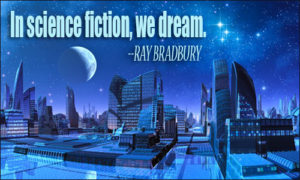
I don’t mind cautionary tales. Hell, War of the Worlds is a cautionary tale about British colonialism. It’s a time-honored trope. What bothers me is that it’s now the default setting, despite positive progress on a staggering scale. Where is the new hopeful science fiction? Where is the next Star Trek? The next Asimov? Have we become so negative we find those very ideas quaint?
I haven’t. I still think science fiction is at its best when it shines brightest.

